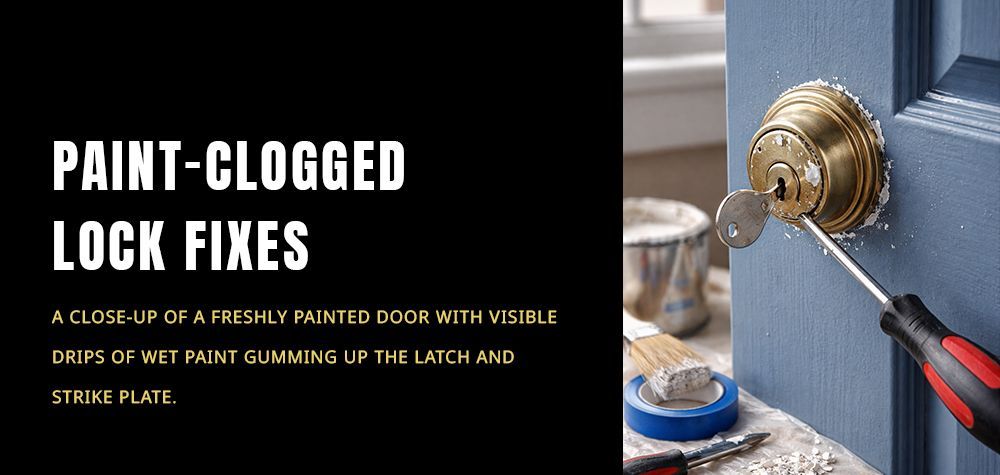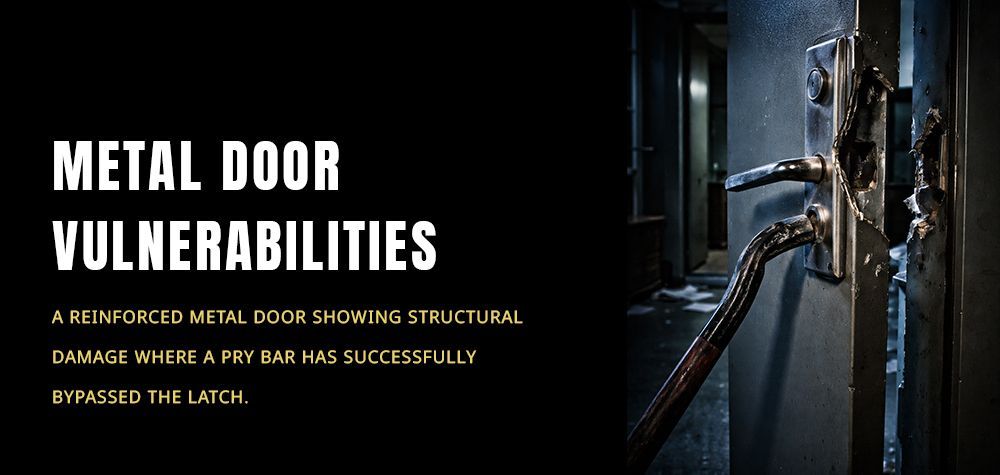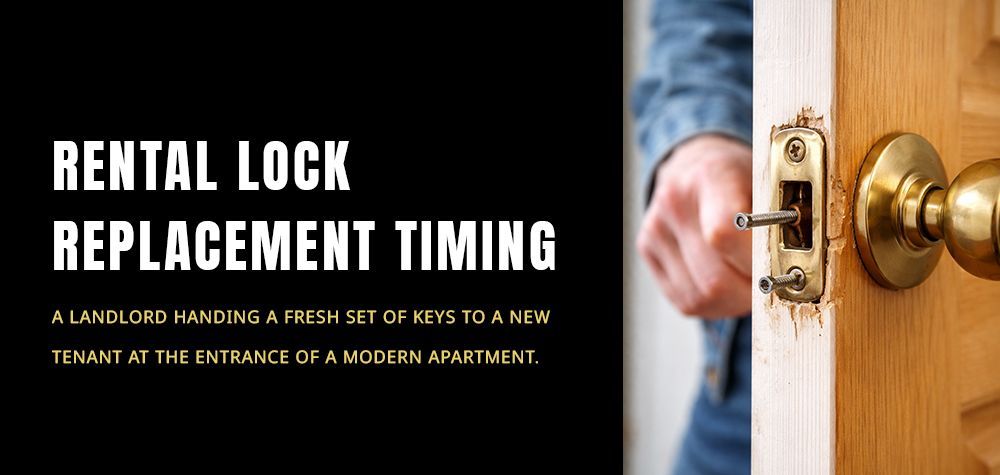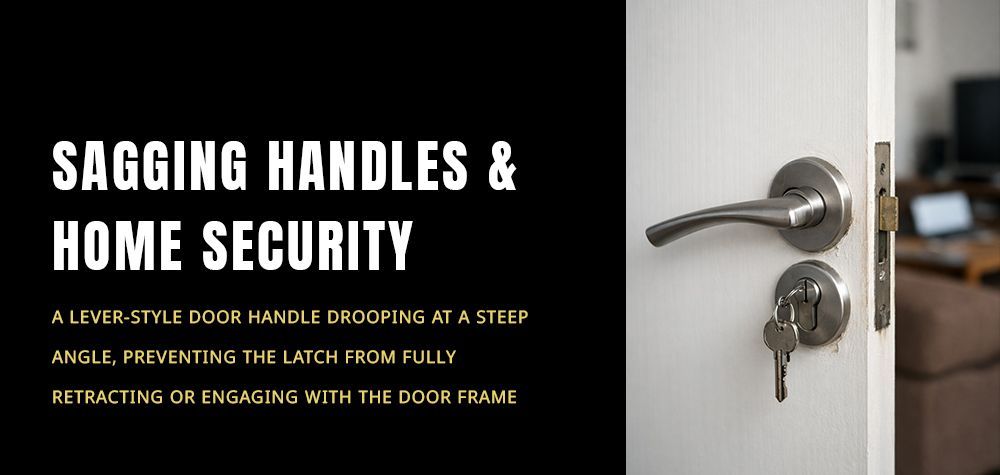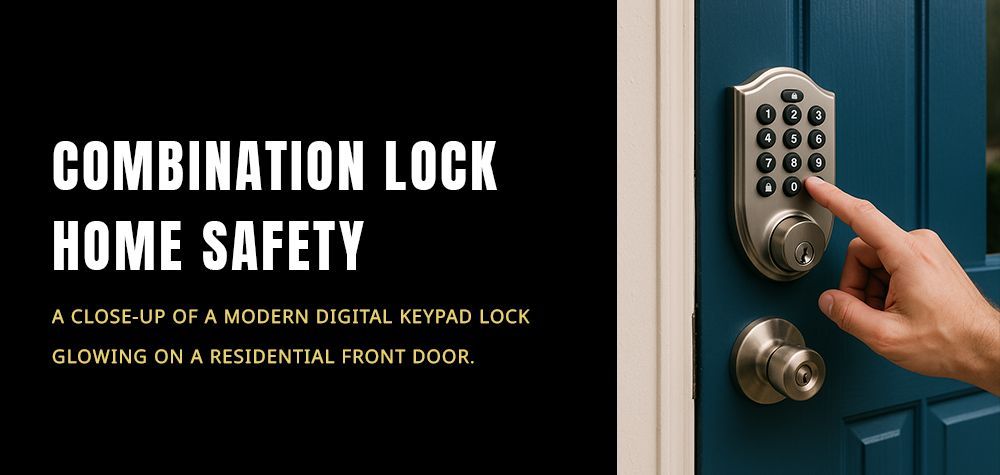Everything You Need to Know About Lock Picking
Burglars and thieves may try a number of different methods to get into your home, including lock picking. But how do you know if your lock has been picked and what should you do about it? The most obvious sign that your lock has been picked is if there are visible scratches or scuff marks around the keyhole. If you notice this, don’t hesitate to call a locksmith Brooklyn who can replace your locks with high security ones.
What Is Lock Picking?
Lock picking is one of the most traditional ways of tampering with a lock. It is the manipulation of a lock’s components to open a lock without a key. There are two common methods for lock picking; raking and single pin picking. Although they slightly differ from one another, they work on the same fundamental basis. Raking is a less precise method than single pin picking. But both processes require the use of a tension tool and a pick. The tension tool is positioned at the top or bottom of the keyway and torques the lock’s plug, allowing the lock pick to manipulate the pins .
What Are Some Signs That My Lock Has Been Picked?
Since lock picking is a gentle method, it’s unlikely that there will be any indications like warped pins or bolts. However, a lock pick and tension tool will often leave tiny scratch marks around the keyhole as they move around. Look out for distinctive scratch marks that are finer than ones left from a key. Another way to determine if your lock has been picked is by taking the lock apart. If the pins are scratched or have small cuts, this is a clear sign that your lock has been tampered with. Old locks have smooth pins due to constant use. Every time the key is inserted, the pins become smoother. New locks have pins with milling marks and dents from imprecise manufacturing, but these don’t look like scratches left by a lock pick.
What Should I Do If My Locks Have Been Picked?
Look for signs that your home is not how you left it. Have your drawers been left open and rummaged through? Perhaps some of your valuables have gone missing. Do you notice tiny scratch marks around the door keyhole? If you have a feeling that your home has been broken into, call the police immediately. After the proper authorities have arrived, you may want to think about calling a locksmith in Brooklyn to upgrade your locks, sooner rather than later.
How Can I Prevent My Locks From Getting Picked?
Now that you know what signs to look out for, here’s how you can prevent lock picking from occurring:
One of the best options is to upgrade your locks to high-security locks or electronic locks—as long as you’re upgrading your locks to anything other than standard pin tumbler locks. While high-security locks are not impossible to pick, they are more difficult to pick and will stop lock-picking amateurs in their tracks. Electronic or keyless locks are another great choice, since they don’t have a physical keyway and therefore don’t rely on pins and tumblers.
Do you live in an apartment in Brooklyn and can’t upgrade your locks? That’s okay! You may be able to re-pin your locks. Re-pinning your locks does not change the key that you use but replaces the standard pins with security pins of similar length. This shouldn’t disturb your landlord or property manager. However, be sure to double-check with them before hiring a locksmith Brooklyn to re-pin your locks.
The second option is to install a home security system. While replacing your locks is a great start, a security system offers your family an extra layer of protection. If a burglar attempts to break in they’ll set off alarms or get caught on video. If you’re interested in either option (or re-pinning your locks), a locksmith in Brooklyn can help you choose the right high-security locks or security system based on your budget and needs. If you’re looking for a locksmith in Brooklyn that offers affordable prices and friendly services, give Brothers Locksmith a call!
What Locks Are Un-pickable?
Every lock can be picked, despite what the lock brand claims. However, certain locks are more difficult to pick than others and are not worth attempting. Mul-T-Lock and Medeco are two examples of high-security lock brands that will send lock-picking thieves running in the other direction.
Call Us Any Time!



